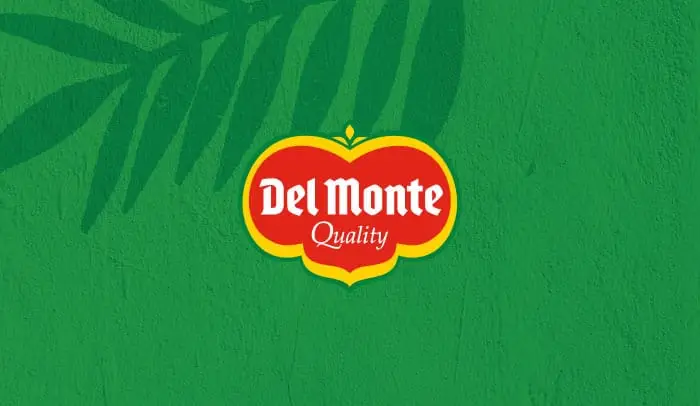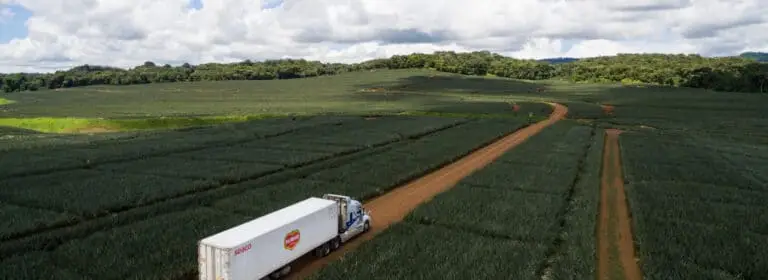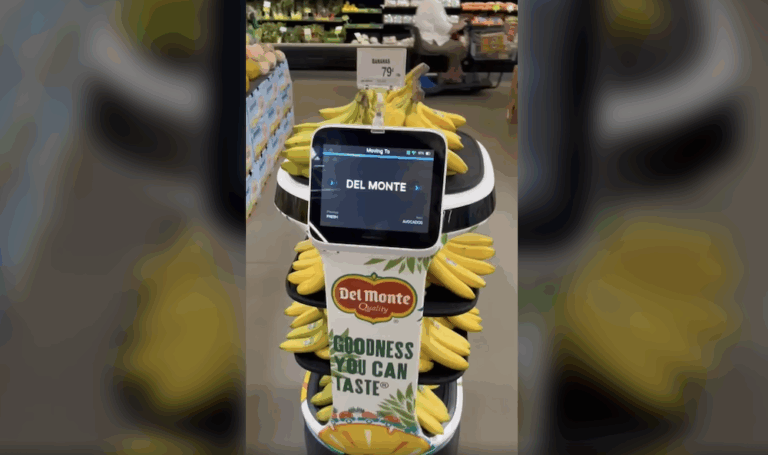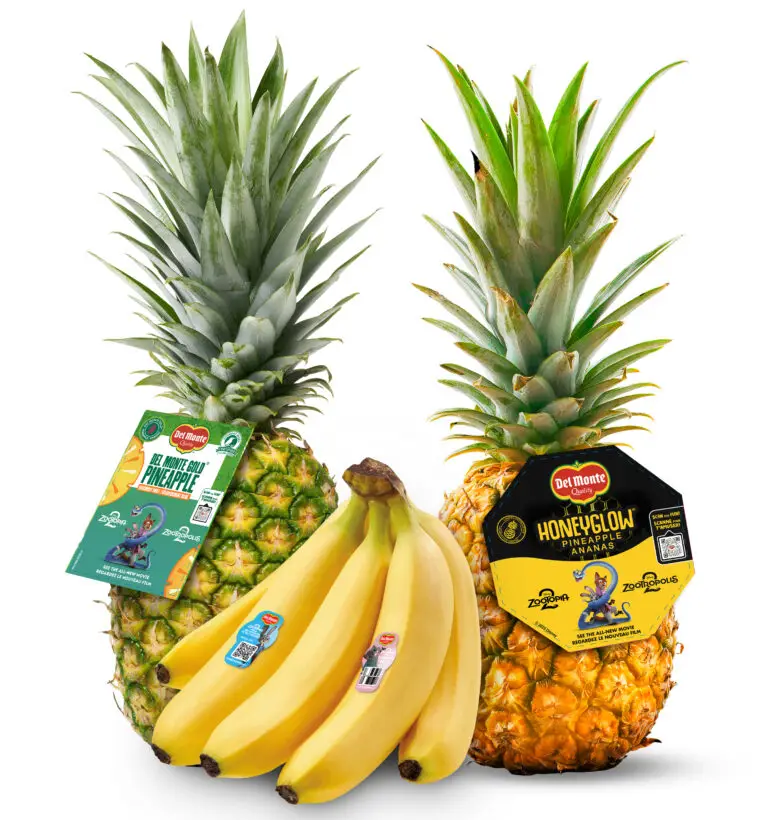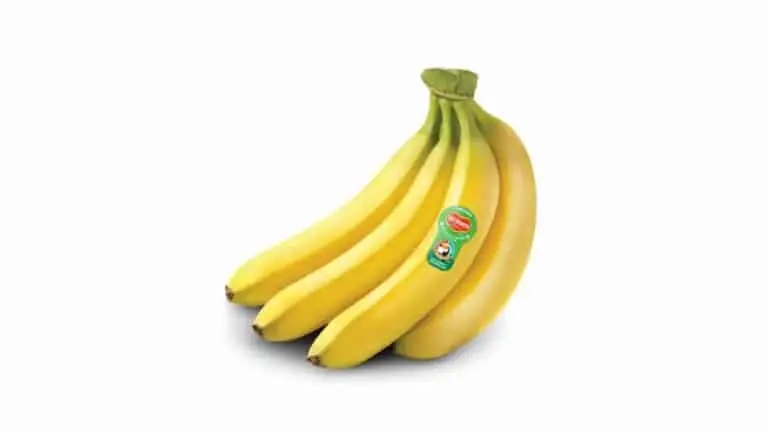As seen in FruitNet.
For the past 60 years, bananas have been shipped from the farms they’re grown on to grocery stores primarily in single-use cardboard boxes that can hold up to 40 pounds per box.
Though cardboard boxes are widely accepted for recycling at recycling facilities, the boxes themselves are not reusable. Additionally, cardboard boxes have been known to require labour-intensive processes to get the fruit onto the shelves.
According to a McKinsey study, sustainability is the number-one driver for packaging design across all industries and regions. Developing reusable packaging options is one of multiple steps in fighting climate change.
As a vertically integrated company, Fresh Del Monte, a global producer, marketer and distributor of high-quality fresh and fresh-cut fruits and vegetables, has the unique opportunity to implement sustainable packaging practices along their entire supply chain — from farm to market. To make a real impact, the company consistently seeks innovative, sustainable packaging.
In our efforts to find alternate and more sustainable ways to transport bananas, we recently launched a breakthrough reusable container which is new to the industry. Past attempts to modify the standard ways of shipping bananas resulted in less fruit per pallet or a negative impact on fruit quality.
In November 2023, Fresh Del Monte and Arena Packaging, a packaging, design and pooling company in North America, culminated years of collaboration and development of a reusable plastic crate for the shipment of bananas, a groundbreaking packaging invention for the produce industry.
These reusable plastic crates (RPCs) can transport 40 pounds of bananas (18kg) and 48 boxes per pallet to the North American market — the industry standard — without impacting fruit quality.
This invention transforms a decades-old industry standard for banana shipping, while potentially reducing food waste, carbon emissions, operational costs and preserving the fruit’s health.
RPCs are a more sustainable option than their single-use cardboard counterparts and result in a healthier-looking fruit for consumers due to less handling in the supply chain.
RPCs are not only reusable, but they also have a lifecycle of up to 15 years and promote a circular economy of plastics, reducing the use of single-use packaging.
Each container will be reused approximately five times in a single year, and if damaged, individual parts can be collected, replaced and repurposed.
With the introduction of RPCs, banana shipments now enjoy improved airflow and extended shelf-life. This improved airflow eliminates the need for air-stacking boxes in the back room of supermarkets, a necessary practice with corrugated boxes that, if not done well, can result in cosmetic quality problems to the fruit and increased product waste.
The use of RPCs to transport bananas is especially impactful — bananas are the leading fruit in the produce category. As of April 2024, Fresh Del Monte has introduced just shy of 350,000 RPCs since the programme’s inception.
Through their use, the company has saved 406.8 tonnes of paper by not using single use corrugated boxes and 3.2 tonnes of plastic by not using single use plastic reinforcements.
While RPCs have been used by Fresh Del Monte and other banana exporters in the past to transport bananas to Europe and other markets, they have not been suitable for transporting the optimised standard of 18kg.
This new, uniquely designed RPC allows us to transport the required 18kg and maximise the amount of fruit transported per container.
The company is currently evaluating using the innovative, 18kg capacity bananas RPCs in Europe and exploring their use for other fruits.
